How Dehumidifiers Can Help Improve Your Air Quality
Are you concerned about the air quality in your home or office? Do you often feel stuffy, congested, or smell musty odors? If so, you may want to consider bringing in a dehumidifier. While many people are aware that dehumidifiers reduce moisture in the air, did you know they also purify the air? I
n this blog post, we’ll explore how dehumidifiers can help improve your air quality. We’ll answer the most common questions, such as how dehumidifiers purify the air, how much moisture should be removed from the air, and the benefits of dehumidifiers for air quality.
With this information, you can make an informed decision about whether investing in a dehumidifier is the right choice for you. So, if you’re interested in learning more about how dehumidifiers can help improve your air quality, keep reading!
What is a Dehumidifier?
A dehumidifier is an electrical appliance used to reduce and maintain the humidity levels in a particular space. The general purpose of a dehumidifier is to lower the amount of water vapor in the air and make the environment more comfortable. By removing the humidity from the air, dehumidifiers reduce the risk of mold, mildew, and other allergens.
Dehumidifiers not only reduce the moisture in the air, but they can also purify the air. Some air purifiers are designed to remove particulates from the air such as dust, pollen, and pet dander. These particulates can be dangerous to your health and can cause allergies. Dehumidifiers with an air purification component can remove these particles from the air to improve your air quality.
The amount of moisture that should be removed from the air depends on the environment. Generally speaking, a humidity level of between 30-50% is considered ideal. If the humidity level is higher than this, a dehumidifier can be used to reduce it. In addition to improving air quality, dehumidifiers can also reduce the risk of damage to furniture and other items due to high humidity levels.
How Does a Dehumidifier Purify the Air?
Dehumidifiers are used to reduce uncomfortable humidity levels in the air, but they can also help purify the air in your home or office. By removing excess moisture from the air, dehumidifiers reduce the amount of allergens and pollutants in the air, making breathing easier and improving air quality.
The process of purifying the air is accomplished by drawing the air into the dehumidifier, where it passes over a specialized refrigerant coil. The coil captures the moisture and other airborne particles, allowing the air to be circulated back into the room cleaner and fresher than before.
In addition to purifying the air, dehumidifiers can help reduce the risk of mold, mildew, and other allergens from occurring. By keeping the air dry and controlling humidity levels, dehumidifiers can help prevent the growth of mold and mildew, which can cause health problems in people with allergies or asthma.
The ideal relative humidity level in a home or office should be between 30-50%, so it’s important to check your dehumidifier’s settings and adjust accordingly. By keeping the humidity levels within this range, the air can be kept clean and free of potential allergens.
Overall, dehumidifiers are an effective way to purify the air in your home or office. By removing excess moisture and controlling humidity levels, you can improve air quality, reduce the risk of mold or mildew, and create a healthier environment for everyone.
How Much Moisture Should Be Removed from the Air?
The amount of moisture in the air varies depending on the environment. Generally, indoor humidity levels should be kept between 30%-50% to maintain healthy air quality. Too much moisture in the air can cause mold, mildew, and other allergens to grow, leading to health problems. On the other hand, too little moisture can also cause problems such as dry skin, sinus issues, and dry air. Therefore, it is important to find the right balance of moisture in the air.
One way to control the humidity levels in your home is to use a dehumidifier. Dehumidifiers can be adjusted to remove the desired amount of moisture from the air. It is important to note that the amount of moisture that needs to be removed is dependent on your environment.
A larger home with more people living in it will require more moisture removal than a smaller home with fewer people. It is best to consult a professional to determine the exact amount of moisture removal that is needed in your home.
In conclusion, the amount of moisture that needs to be removed from the air varies depending on your environment. Generally, indoor humidity levels should be kept between 30%-50% to maintain healthy air quality.
Benefits of Dehumidifiers for Air Quality
Dehumidifiers are a great option for those looking to improve the air quality in their homes or workplaces. By controlling the amount of moisture in the air, dehumidifiers can help reduce the growth of mold and mildew and provide a healthier environment for those living in the space.
Not only do dehumidifiers remove moisture from the air, but they also help purify the air. They help remove dust, pollen, and other airborne contaminants, which can reduce the symptoms of allergies and asthma.
Dehumidifiers remove moisture from the air, but they do not remove it completely. The ideal humidity level for a home or office space is between 30 and 50 percent. Anything lower or higher than that can lead to issues such as excessive dryness or mold growth. When using a dehumidifier, you should keep the humidity level between 40 and 50 percent to ensure the air is kept at a healthy level.
The benefits of dehumidifiers for air quality are numerous. They help reduce the risk of mold and mildew growth, reduce the symptoms of allergies and asthma, and can improve the overall air quality in your home or office. With improved air quality, you can enjoy better health and a more comfortable living environment.
Common Questions about Dehumidifiers
Are you concerned about the air quality in your home or office? Do you often feel stuffy, congested, or smell musty odors? If so, you may want to consider bringing in a dehumidifier.
While many people are aware that dehumidifiers reduce moisture in the air, did you know they also purify the air? In this blog post, we’ll explore how dehumidifiers can help improve your air quality. We’ll answer the most common questions, such as how dehumidifiers purify the air, how much moisture should be removed from the air, and the benefits of dehumidifiers for air quality. With this information, you can make an informed decision about whether a dehumidifier is a good choice for your home or office space.
Dehumidifiers purify the air by removing excess moisture, which in turn reduces the number of airborne particles and allergens in the air. This can help to reduce respiratory symptoms for those with asthma or allergies and can make the air feel fresher and easier to breathe. It is important to note, however, that dehumidifiers do not remove particulate matter from the air, such as dust, smoke, and pollen.
When it comes to how much moisture should be removed from the air, the ideal humidity level is between 30 and 50%. This range is comfortable and helps to reduce the risk of mold, mildew, and other allergens. If the humidity levels are above this range, a dehumidifier should be used to reduce the levels. The goal is to keep the humidity level in your home between 30 and 50%.
Finally, the biggest benefit of dehumidifiers is to improve air quality. By removing excess moisture, they create a more comfortable atmosphere, reduce the risk of mold growth, and help to reduce respiratory symptoms for those with allergies or asthma. Dehumidifiers are an excellent way to improve the air quality of your home or office.
Conclusion
In conclusion, dehumidifiers can be a great way to reduce moisture in the air and purify the air in your home or office. Not only do dehumidifiers reduce humidity levels, but they also help to reduce airborne pollutants, dust, mold, and bacteria. They help to create a healthier indoor environment and reduce the potential for mold growth, allergies, and asthma.
Additionally, if the humidity level is too low, dehumidifiers can help to raise the indoor humidity level to a more comfortable level. There are various types of dehumidifiers to choose from, so it is important to research and choose the right one for your needs. With all of this information, you can make an informed decision when selecting the best dehumidifier for your home or office.

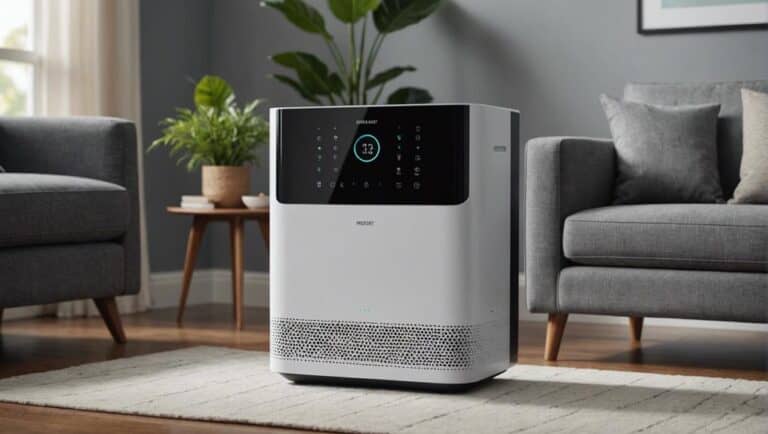

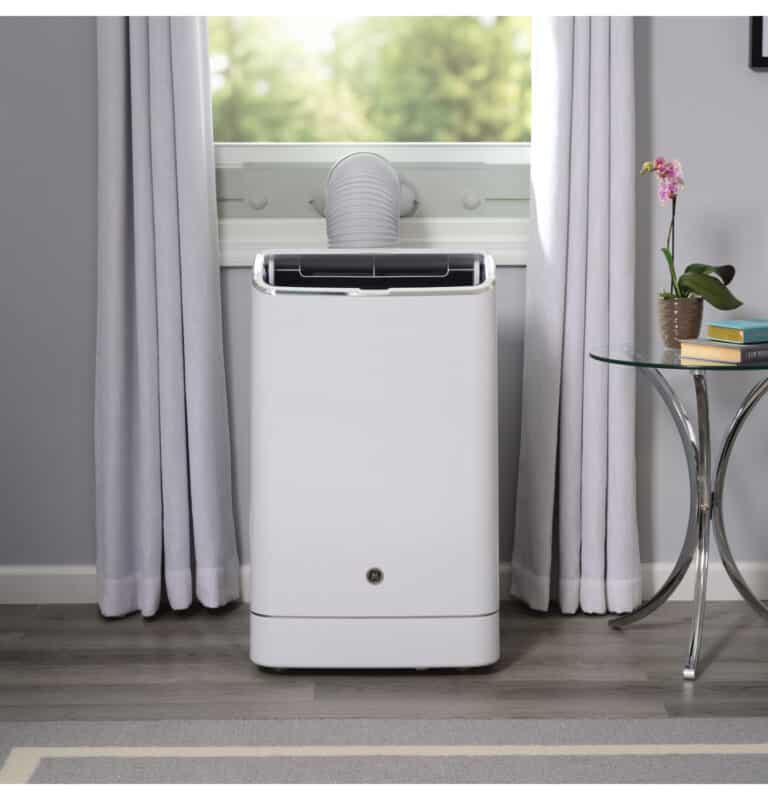
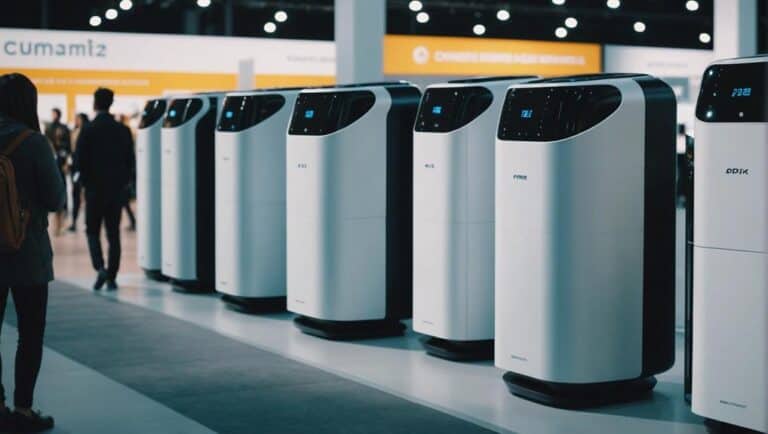
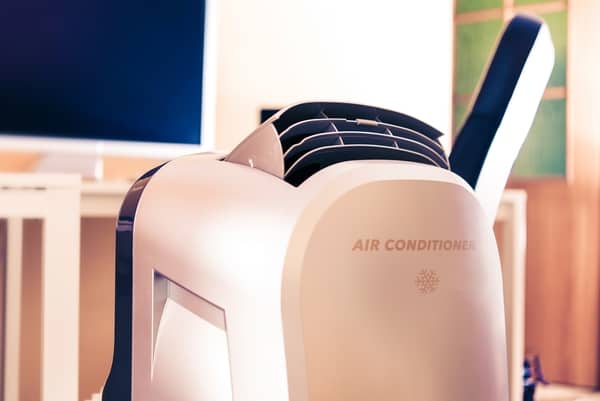
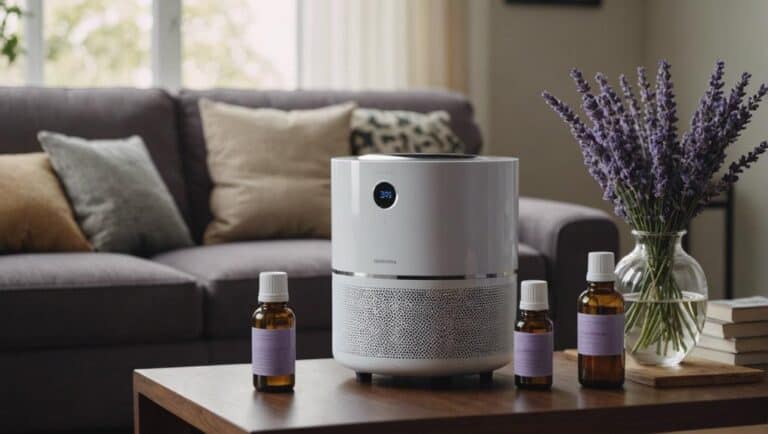
One Comment